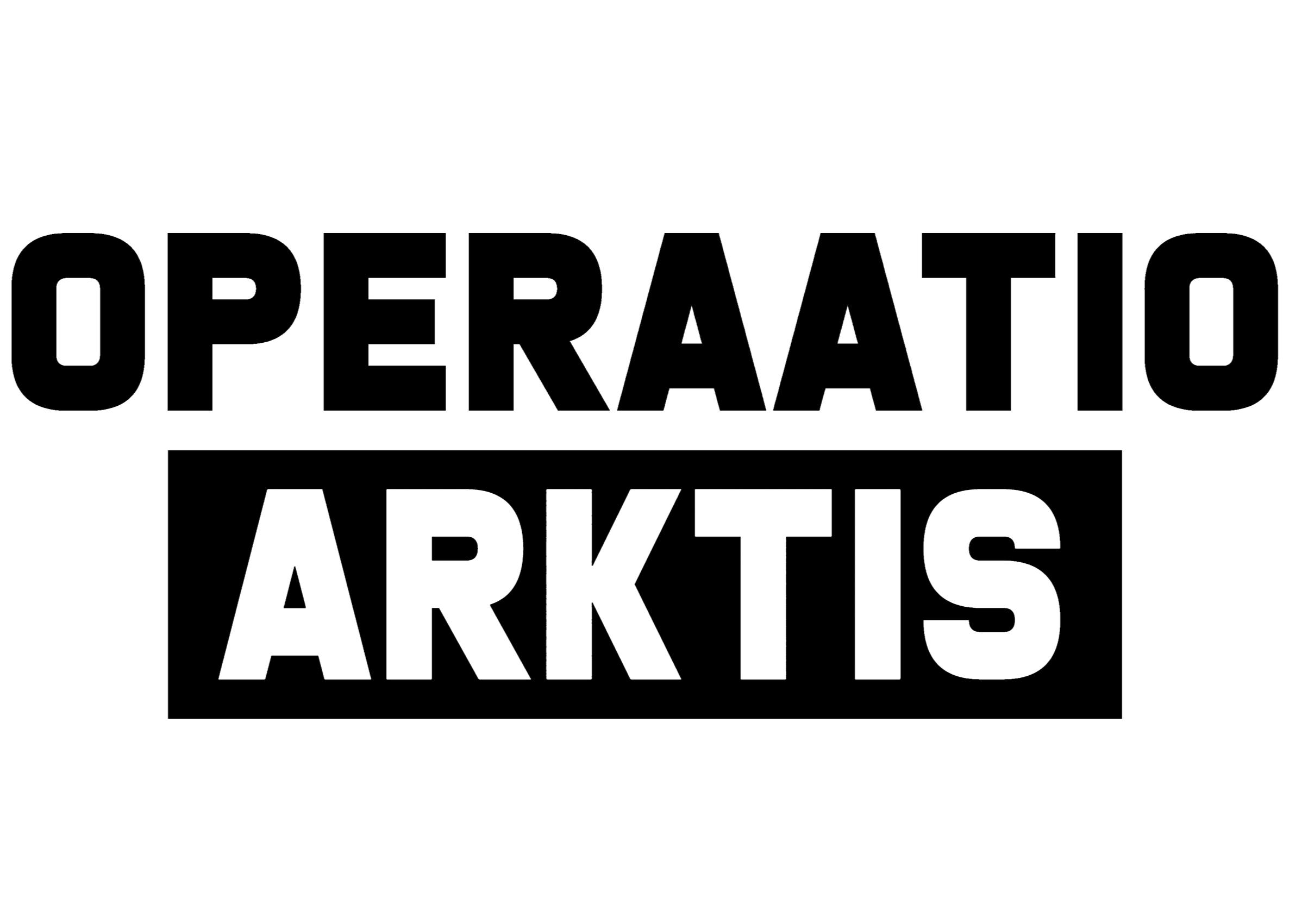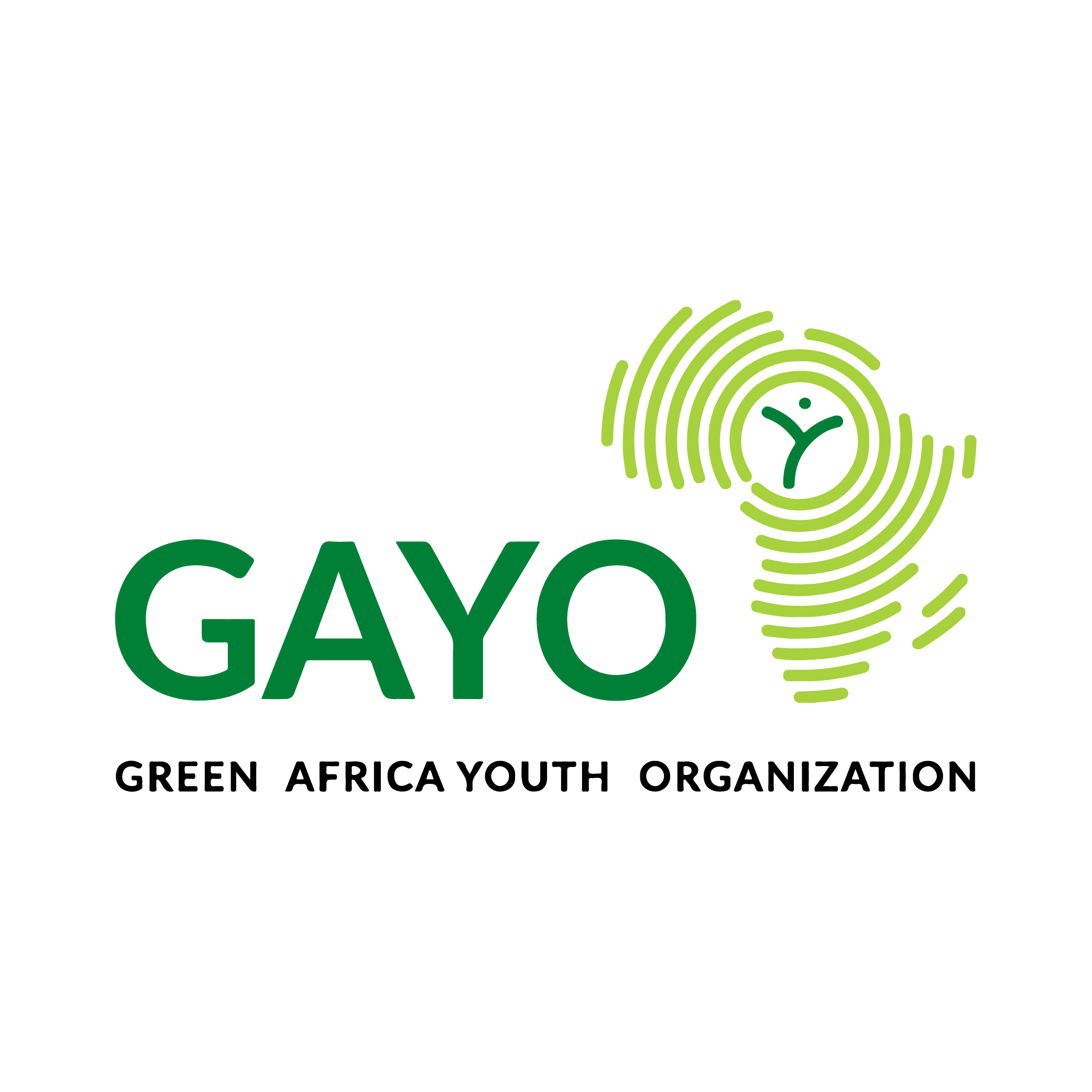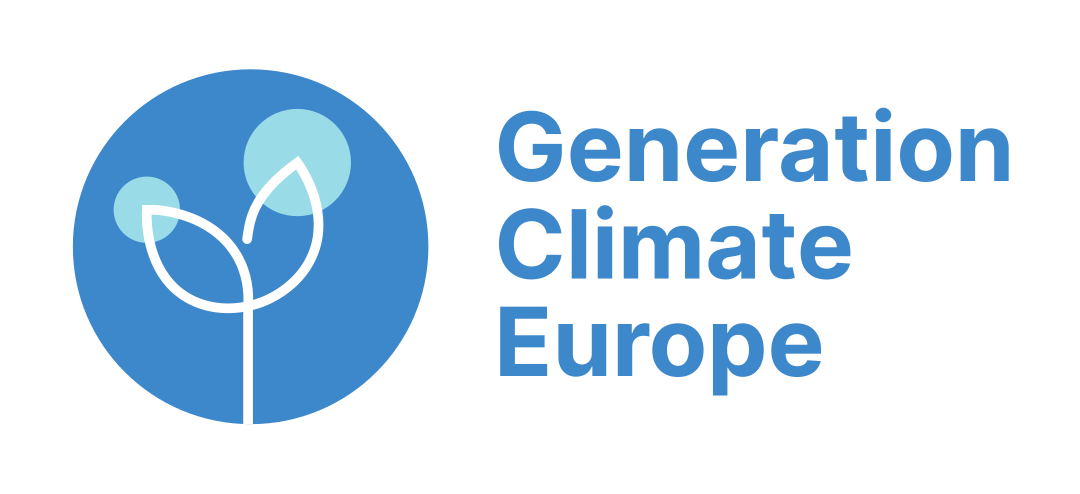UK Horizons: Climate Emergencies Forum
The Climate Emergencies Forum (CEF), powered by Renaissance Philanthropy’s partnership with the Advanced Research and Invention Agency (ARIA), is an action-focused knowledge platform that brings together key actors to align on climate tipping points and potential emergency responses.
The Challenge
Climate change could drive global temperatures up by several degrees by the end of the century, increasing the risk of triggering climate tipping points with severe and irreversible consequences worldwide. While decarbonization remains the only sustainable solution to mitigating these risks, the possibility of crossing critical thresholds in the near future has spurred growing interest in strategies to actively reduce the likelihood of potential climate tipping points.
CEF ensures that climate tipping points—such as AMOC collapse, permafrost thaw, and ice sheet destabilization—are recognized as top-tier risks in global governance, finance, and security. It works to responsibly accelerate the scientific and institutional frameworks needed to integrate early warning and risk assessment into decision-making, ensuring that climate emergencies are anticipated and that potential risk mitigation options are well understood and safe.
We predict risks, but we don’t prepare for them. We have potential options for managing risks and impacts, but they are not tested. We lack the systems to integrate risk assessment, intervention feasibility, and economic planning.
Our Approach
The Climate Emergencies Forum (CEF) convenes scientists, policymakers, NGOs, funders, and industries like insurance and finance to drive greater awareness of catastrophic climate threats and potential options, enable coordination across traditional silos, and establish the scientific basis for coordinated action, informed governance, and R&D funding decisions. Without a concerted effort to create strong, governance-ready institutions, even the best R&D will not be enough to mitigate catastrophic risks.
CEF elevates attention and awareness on climate tipping points and potential response options, positioning tipping points as top-tier risks in global governance, finance, and socioeconomic strategies.
CEF facilitates coordination by connecting experts across science, policy, and industry to strengthen early warning systems and better assess intervention feasibility.
CEF includes representation from youth and frontline communities around the globe to ensure diverse perspectives are integrated into decision-making, prioritizing equitable solutions for those most affected by climate risks.
CEF unlocks investment by directing capital into prediction, prevention, and preparedness solutions for long-term risk reduction, not just disaster response.
Meet our 2025-2026 Coalition-Building Grantees
Operaatio Arktis
Operaatio Arktis is a Helsinki-based, youth-led climate strategy agency founded in 2022 by former Extinction Rebellion organisers. We work to preserve polar ice caps and prevent Earth system tipping points (ESTPs). Our mission is to modernise climate strategies by integrating R&D of climate interventions to address ESTP risks. These tipping points threaten societal stability, yet risk management strategies remain inadequate or absent. Forecasting, prevention, and preparedness must be urgently improved.
As CEF grantees, we’ll demonstrate how national tipping point strategies can be built justly and effectively with Indigenous collaboration.
The Green Africa Youth Organization (GAYO)
The Green Africa Youth Organization (GAYO) is a youth-led, gender-balanced pan-African organization working to empower communities with sustainable solutions while strengthening resilience to climate and socio-economic risks. Active in Botswana, Ghana, Kenya, South Africa, and Uganda, GAYO combine grassroots action with advocacy to advance climate justice, circular economy practices, and disaster risk reduction. Our work recognizes the urgent need to close the knowledge gap between the Global North and South, particularly on emerging climate technologies like Solar Radiation Modification (SRM), ensuring African perspectives shape global climate discourse.
As CEF grantees, we will contribute firsthand experiences from our SRM briefings, highlighting African concerns and proposing frameworks for more inclusive governance of climate interventions.
The Arctic Youth Network (AYN)
The Arctic Youth Network (AYN) is a youth-founded and youth-led non-profit organization registered in Canada supporting a global network of youth through international cooperation and capacity-building. AYN aims to bring frontline, Indigenous youth perspectives from the Arctic into the heart of global climate emergency discourse — perspectives that are often marginalized yet urgently needed to inform more just, plural, and grounded responses to escalating risks.
As CEF grantees, we will host virtual and in-person dialogues with Sámi youth and Indigenous knowledge holders to map climate risks, develop resilience strategies, and produce a policy report, synthesis document, and youth-created film that bridges Indigenous knowledge with emergency preparedness frameworks for Arctic communities.
Generation Climate Europe (GCE)
Generation Climate Europe (GCE) is the largest youth-led climate network in Europe, uniting over 380 member organisations across 46 countries. We build power in the climate movement by convening grassroot groups, fostering transnational collaboration, and supporting frontline youth-led action. GCE works across Europe with a focus on marginalised regions and at-risk systems. We prioritise interventions where grassroots leadership and systemic change intersect — such as phase out of fossil finance, rights of future generations in EU legislation, and community-based resilience strategies.
As CEF grantees, we will mobilize our expanding network of 75+ grassroots climate groups (from 15 to 60 by 2026) via grants and events to surface overlooked climate risks from frontline communities and ensure youth-led, community-based solutions are integrated into long-term preparedness plans through coalition-building with institutional partners, researchers, and community organizers.
SDI
SDI is a women-led grassroots movement of the urban poor organizing communities across the Global South. We amplify the voice, agency, and influence of 1.2 billion slum dwellers—advancing development from the ground up to make cities inclusive, safe, resilient, and sustainable. SDI is organised as a network of 22 national federations, representing hundreds of thousands of members in hundreds of cities.
As CEF grantees, we will help embed locally-led adaptation and mitigation solutions into planning, governance, and finance—mobilizing slum communities to reduce risk and prevent maladaptation in the world’s most vulnerable urban areas.
The MENA Regional Climate Security Hub
The MENA Regional Climate Security Hub, established as part of the Alliance of Bioversity and CIAT’s FOCUS Climate Security Team and based in Cairo (Egypt), conducts research on the intersection between climate change, peace, and mobility with a view to influencing policy and programming in the MENA region. The team also focuses on how climate change intersects with gender, social inclusion, and peacebuilding.
As CEF grantees, the team will convene virtual dialogues and produce a podcast with NGOs, youth networks, and organizations from conflict-affected MENA countries to assess climate-fragility convergence risks, document innovative community solutions that prevent social tipping points, and identify pathways to scale these local innovations.







